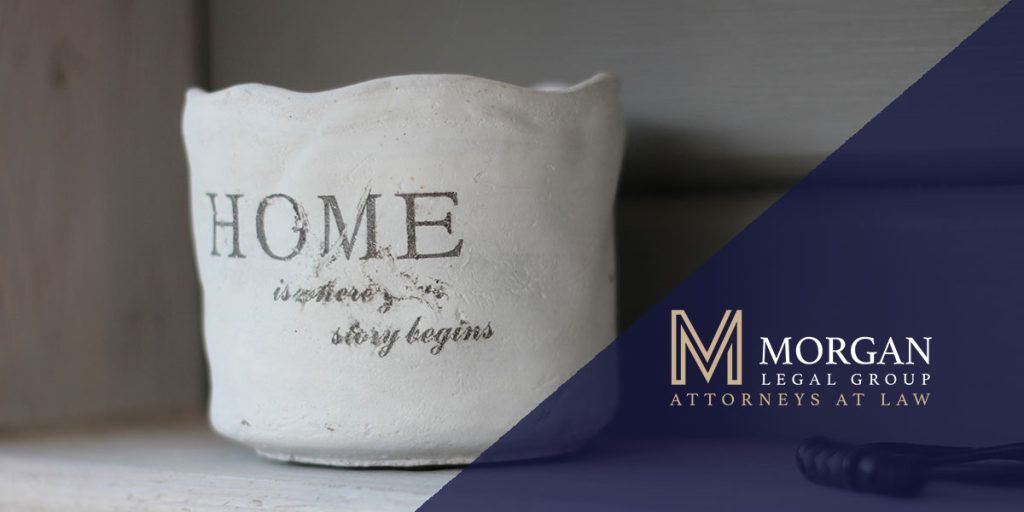Home Transfers and Retained Life Estates in NYC
Transferring a home or property while retaining a life estate is a valuable estate planning strategy that individuals in New York City often consider. This approach allows you to pass on your property to beneficiaries while retaining the right to live in or use it for the duration of your life. At Morgan Legal Group in New York City, we specialize in helping our clients understand the intricacies of home transfers with retained life estates. In this comprehensive guide, we will explore the benefits, implications, and legal considerations of this strategy.
Understanding Retained Life Estates
A retained life estate is a legal arrangement where you transfer ownership of your property to your chosen beneficiaries but retain the right to live in or use the property for the rest of your life. This arrangement typically involves the following key elements:
1. Grantor (Property Owner)
You, as the property owner, are known as the grantor. You initiate the property transfer to your beneficiaries while preserving your right to remain in the property.
2. Remainder Interest
Your chosen beneficiaries hold what is known as remainder interest in the property. This means that they will gain full ownership of the property upon your passing.
3. Life Tenant (You)
You retain the role of the life tenant, which grants you the right to live in or use the property for the rest of your life. This is a crucial benefit of a retained life estate.
The Benefits of Home Transfers with Retained Life Estates
Choosing to transfer your property with a retained life estate offers several advantages:
1. Retain Residence
You can continue to live in your home for the remainder of your life, ensuring you have a stable place to live without disruption.
2. Potential Tax Benefits
Retained life estates may offer potential estate tax benefits. The property’s value is typically excluded from your taxable estate, reducing potential estate tax liabilities.
3. Avoiding Probate
Property transferred with a retained life estate typically avoids the probate process, ensuring a smoother transition of ownership to your beneficiaries.
4. Beneficiary Inheritance
Your chosen beneficiaries will inherit the property automatically upon your passing, simplifying the transfer of assets to your loved ones.
Legal Considerations and Implications
While retained life estates offer numerous benefits, it’s essential to be aware of the legal considerations and potential implications:
1. Loss of Control
You may lose control over the property once you establish a retained life estate. Any decisions regarding the property may require agreement and cooperation with the remaindermen.
2. Medicaid Eligibility
If you rely on Medicaid for healthcare coverage, transferring your home with a retained life estate may impact your eligibility. Consult with an attorney to understand the Medicaid rules in New York.
3. Termination of the Life Estate
The life estate terminates upon your passing, at which point the remaindermen gain full ownership. It’s crucial to consider how this will affect your beneficiaries and their plans for the property.
4. Property Maintenance
You, as the life tenant, are responsible for maintaining the property during your lifetime. This includes property taxes, insurance, and upkeep.
Is a Retained Life Estate Right for You?
Deciding whether a retained life estate is the right strategy for your estate plan requires careful consideration of your goals, financial situation, and family dynamics. Consulting with an experienced estate planning attorney is essential to make an informed decision.
Morgan Legal Group in New York City has a team of skilled attorneys specializing in estate planning and property transfers with retained life estates. We can provide personalized guidance and tailor a strategy that aligns with your specific needs and objectives.









